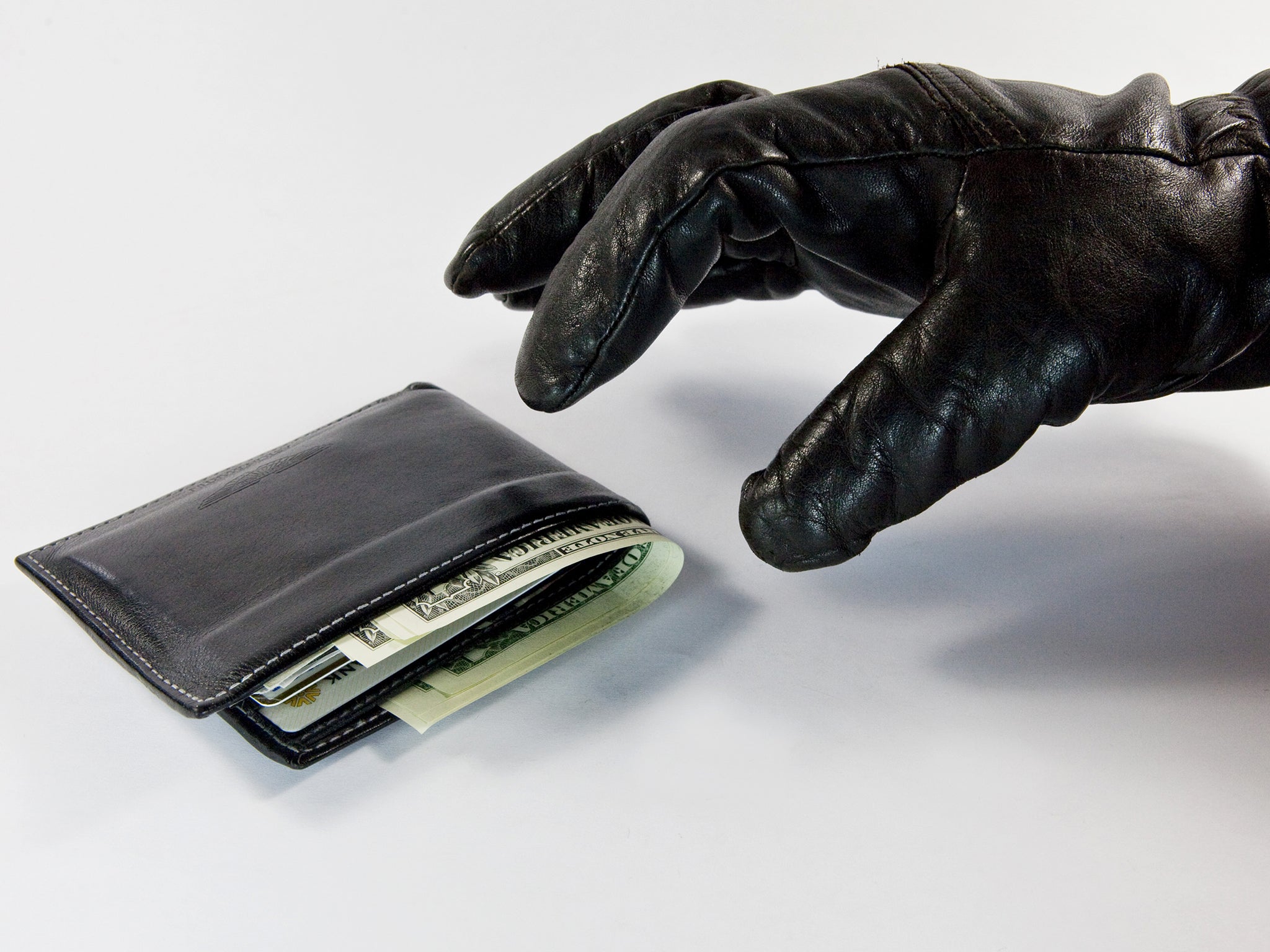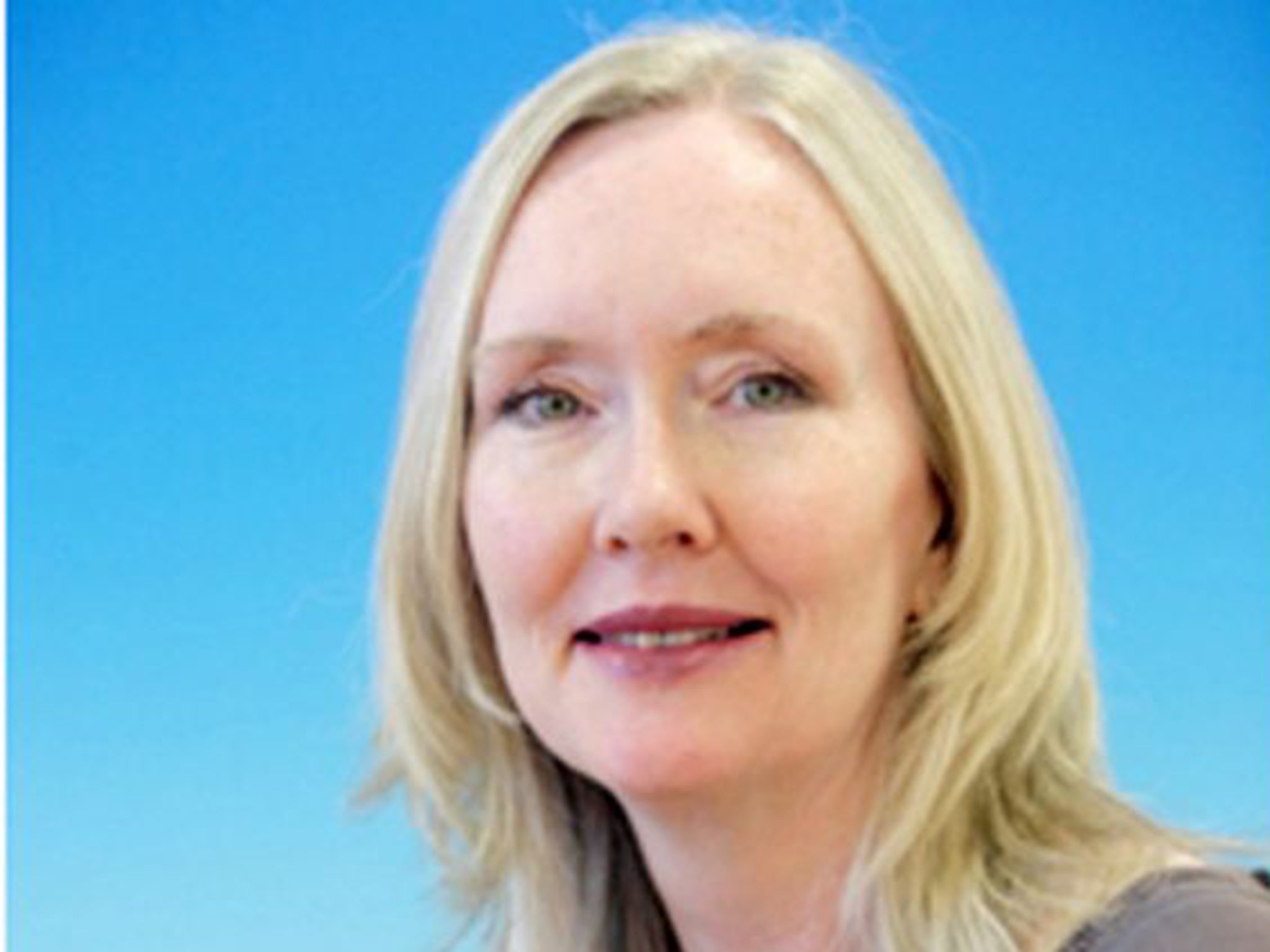Fraudsters are most likely to be 'impulsive, well-educated and over 40'
Exclusive: Two years of interviews with fraudsters and corrupt officials reveal the common traits shared by perpetrators

He may have an inflated sense of his own importance but his superficial charm and general joie de vivre make him popular at after-work drinks. He might try to persuade you to cover his round – but don’t be surprised if he doesn’t pay you back. Your boss should be more concerned that he’s scamming the company.
A rare two-year study of the lives of the corrupt suggests they are a breed apart from other crooks but share similar personality traits that could help employers spot them and deter them from taking the first steps into the world of criminality.
A revealing series of interviews with 17 fraudsters and corrupt officials has shown there are a wide range of paths to corruption, from naked greed to grooming, but perpetrators tend to share a capacity for impulsiveness, glibness and a heightened ability to manipulate and deceive to get what they want.
Researchers from Portsmouth University believe that others have been targeted so skilfully during a sustained period of grooming by organised crime that they could be better described as victims at the “balls-on-the-table” moment when they slip into corruption.
The group of interviewees, 15 of them men, had all been caught for offences including overseas bribery, defrauding their own firms and misconduct in public office. They were from the worlds of business, police and prisons and included one warder who was caught smuggling drugs into a jail at the behest of criminals.

The majority of them were over 40 – the peak age of offending for other crimes is 17 – and they are likely to be better-educated and more sociable than the average criminal. Most were at least educated to A-level and some had degrees.
Researchers suggest that a push into corruption could have come from being overlooked for a promotion, or after a divorce that left them with pressing need for money.
Extracts from interviews during the course of the study suggested that some felt they were doing nothing wrong, others were driven to crime by their desire for material wealth and others thought they were too clever to get caught.
Corrupt businessman Phil told researchers: “If you saw a nice picture of a yacht on the desk, which was bigger than he could have bought on a salary, he’s sending you a signal to say, ‘Talk to me.’”
“With corruption, we’re thinking of a different kind of personality,” said Dr Claire Nee, director of the International Centre for Research in Forensic Psychology at Portsmouth. “They are insiders rather than hackers; they will understand the systems. If we can understand better how offenders are doing it, we can put better strategies in place to make it less easy for that person to commit the crime.”
City of London Police revealed last month that they had conducted hundreds of prison interviews with convicted fraudsters in order to learn about their techniques because they were “behind the curve” in tackling threats from cyber operations. “We ignore the insider’s knowledge at our peril,” said the researchers.
But the Portsmouth University researchers pointed out that more work needed to be done because there was “lots of personality disorder in successful business people”.
The cases also highlighted numerous occasions when firms failed to protect themselves, including poor whistleblowing rules and a lack of surveillance. The researchers spoke to one trusted accountant who was allowed to be a sole signatory on company cheques – which he took advantage of to enrich himself.
Professor Mark Button, director for the Centre for Counter Fraud Studies at Portsmouth, said: “Often some hadn’t been adequately supported. If they had been at an early stage, they wouldn’t have fallen into the traps that they did.
“Some were greedy, some were ensnared into a position that they didn’t want to be in. If you ask them at stage one they would say, ‘No’. But go through 10 or 12 stages and they eventually get trapped.”
Fraudsters in their own words
Frank (corrupt businessman)
“Did I take money from people on the basis of lies? Then the answer is yes. That by definition is fraud. However, I did no different to what the City of London does all day long and what the directors of RBS did just before they folded.”
Paul (corrupt accountant)
“If we were paying suppliers, or the salaries, or the wages, I went onto the computer, logged in. All we had was a card. I was authorised to use it; I could make payments up to £100,000, even more.”
Tony (corrupt call-centre worker)
“I was always looking over my shoulder, thinking: ‘When will there be a knock on the door?’”
Phil (corrupt businessman)
“We used to call it ‘balls on the table’; the old knife can come down and cut them off or you can say, ‘I’m in.’ I used to say, ‘You’ve joined an underground army now. We’re both at risk because in the eyes of the law the giver and the taker are equally guilty. You’re as guilty as me. I’m offering the money, you’re taking it ... We are partners in this now.’”
Subscribe to Independent Premium to bookmark this article
Want to bookmark your favourite articles and stories to read or reference later? Start your Independent Premium subscription today.
